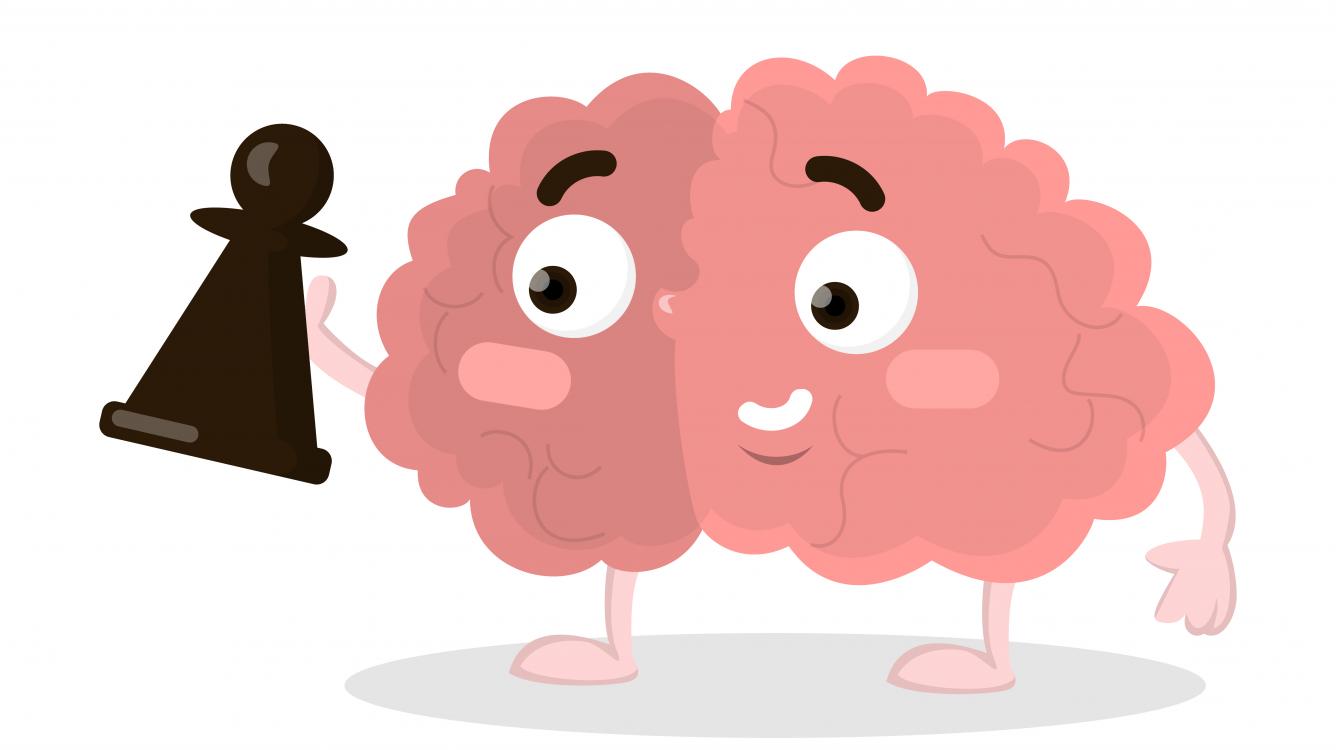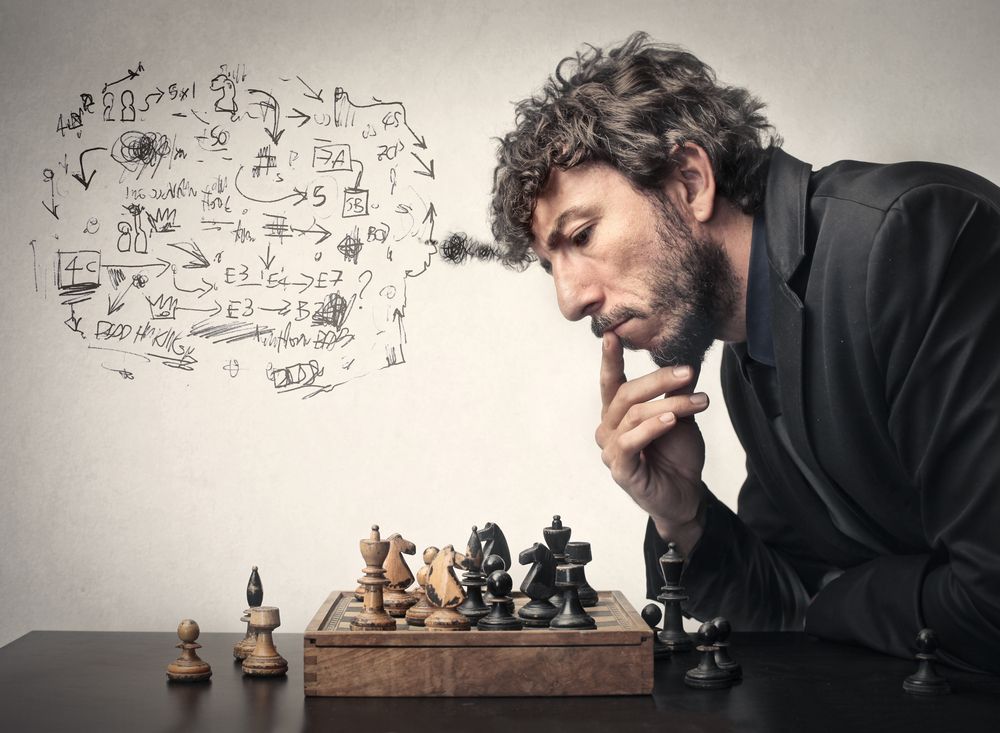
How To Think In Chess
In my experience teaching, playing, and hanging out at the local chess club, I have come across many players who succeed in reaching a level in the 1600-2000 range but get stuck, often for life, trying to get beyond that and become an expert or master. My aim is to give you tools to take your game to that next level.
Let's tackle the problem of how to think in chess.
The topic is not as ridiculous as it sounds. What I'm really talking about is a static and general mode of thinking vs. a dynamic and specific one.
Players in the 1600-2000 skill range have generally mastered the strategic fundamentals of openings, middlegames, and endgames and are aware of these principles during their games. However, the problem that plagues many players at this level and prevents them from improving further is that they think only in terms of these general principles.
Listen to a postmortem between two class players after a tournament game. You will hear many generalities, e.g. "Well I thought if I put my knight in the center, it will later be useful in an attack."—"Yes, but I thought if I saddle you with an isolated pawn, I can take advantage of it in the endgame."
The discussion consists almost entirely of general ideas that apply in any position.
Do you see what's missing from the analysis? Specific lines. In contrast, listen to two masters analyzing, and you will hear both of them spouting moves and variations. It's not that general principles don't apply beyond a certain level; it's that stronger players apply these principles according to the specific needs of the position.

To progress to expert and master, it's crucial to move beyond vague generalities and learn to think specifically about the position in front of you, as well as dynamically, i.e. in terms of specific moves. Calculation must become a major part of your thought process. Failing to do so will result in missing resources, for both yourself and your opponent, tactical errors, and outright blunders.
Thinking in generalities and insufficient calculation come up at higher levels as well, although in more subtle ways. For the second example, I would like to show a segment from one of my own recent games.
As you can see, making decisions based only on general principles and ideas leads to errors and ultimately loses games. To improve your approach to the game, and your results these are the steps I would like you to take:
- Do not abandon fundamental principles, but look for a move that's based on a good idea and leads to a specific follow-up in order to achieve a specific goal in the given position (rather than making a move only to fulfill an idea). For example, instead of thinking "I will play Re1 because a rook belongs on an open file," you would approach it as, "Re1, putting the rook on an open file, will enable (moves X, Y, Z) in order to (start a kingside attack / win a pawn / etc.)."
- Identify specific threats, both for you and for your opponent. Come up with several candidate moves. Then identify candidate responses for your opponent to each of your candidate moves. Look for the best move for both sides. Calculate variations. Practice doing this on every move.
- To emphasize the point again: Get into the habit of calculating. I'm not even asking you to calculate accurately. That's important, but it's the next step. The first step is to train yourself to calculate, period.
Best of luck, and I hope that following these steps will improve your skill and results.




